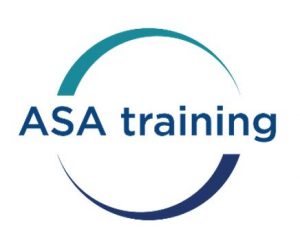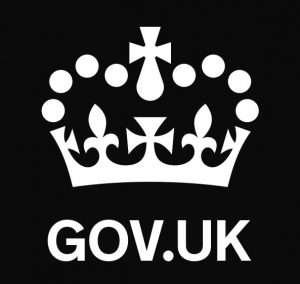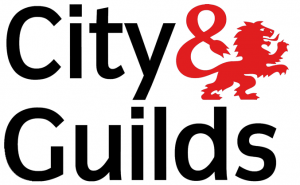Level 3 Early Years Educator Apprenticeship
The level 3 Early Years Educator Apprenticeship is open to anyone employed in an early years setting as an apprentice.
Apprenticeship Components
- Early Years Educator Apprenticeship Standard
- Level 3 Diploma for the Early Years Practitioner – Portfolio of Evidence, Workbooks, Observations in the Workplace and four invigilated exams.
- Level 2 Functional Skills in Maths – Invigilated exam for Mathematics
- Level 2 Functional Skills in English – Two invigilated exams, discussion and presentation
- 20% off the job training – Variety of Evidence
- End Point Assessment – Professional Discussion underpinned by a portfolio and a Knowledge Test.
Knowledge, Skills and Behaviours
Apprentices are required to work towards the KSB’s throughout their Apprenticeship qualification, they must undertake learning, complete work, and demonstrate competency in the KSB’s.
Detailed on the link below are the KSB’s required to achieve the apprenticeship. Evidence of the apprentice’s progress towards obtaining these will be gathered throughout the qualification.
The units for the Diploma are embedded within the KSB’s and the KSB progress consists of some work towards these units, plus additional work, teaching, revision and 20%.
https://www.instituteforapprenticeships.org/apprenticeship-standards/early-years-educator-v1-2
What is the End Point Assessment?
The EPA consists of 2 assessments methods.
-
- Knowledge Test – A multiple choice test consisting of 35 questions. Apprentices will have a maximum of 60 minutes to complete the test.
- Professional Discussion Underpinned by a portolfio – The discussion will last for 90 minutes, where the independent assessor will combine questions from the EPAO’s question bank that will be used as starter question but will be followed up with those generated by the assessor themselves that look at specific elements of the apprentice’s portolfio.
What is Off the Job Training?
While on programme as an Apprentice all learners must spend a minimum of 20% of their apprenticeship conducting ‘off the job training’ towards their qualification. This could include; lectures, role-playing, simulation exercises, online learning, manufacturer training, practical training such as; mentoring, shadowing, industry visits and attendance at shows/conferences/competitions. This could also include time spent writing assignments/assessments.
This does not include; English, Maths, progress reviews, on programme assessment, or training which takes place outside the apprentice’s paid working hours.
For more information, contact us now…







